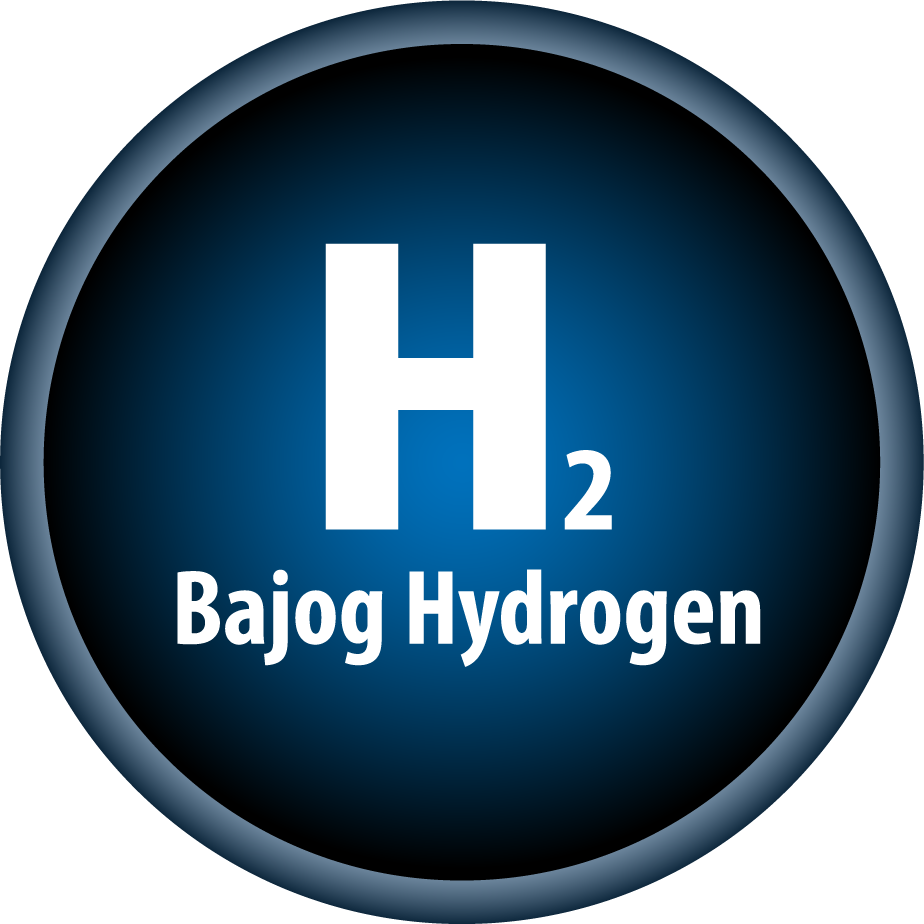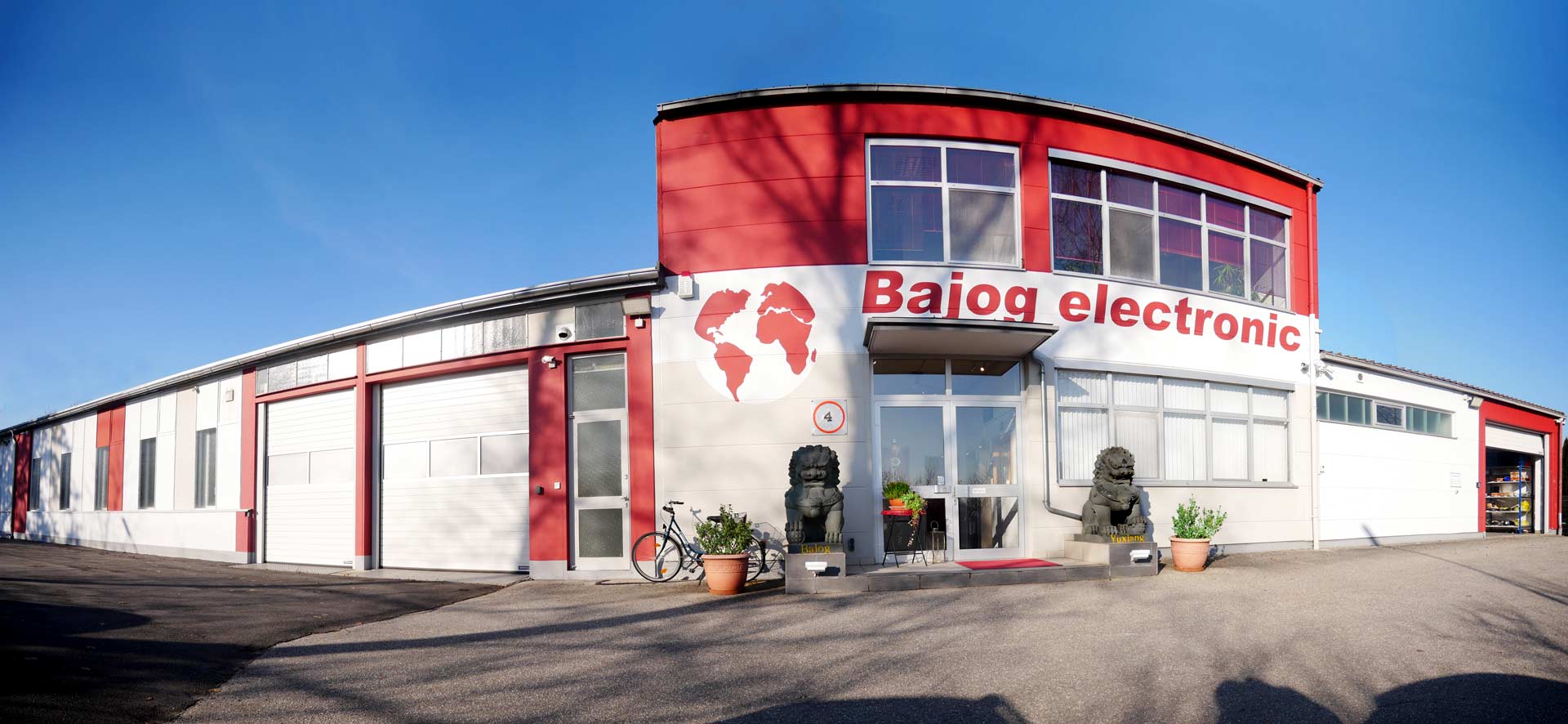start animation


3 Cent / Kwh





2. Electricity goes to the grid
The surplus electricity you produce is sold to your power provider for a very small amount.
3. The energy storage
This is where our energy storage system comes into play. Instead of giving away your excess electricity, it is stored as hydrogen through electrolysis.
6. Island-capable energy storage
Our energy storage system allows you true independence, as we use state-of-the-art inverters.
7. Not autonomous
Traditional inverters depend on the power grid. If the grid fails, your in-house energy supply also fails.
8. Autonomous energy system
With our system, you remain independent from the grid. You only draw power from the utility company if you do not have enough self-generated energy available.
4. Heat utilization
The conversion process generates waste heat of over 50 degrees Celsius. This heat is added to your heating system.

Our hydrogen energy storage is characterized by compact efficiency and modern technology. No gigantic system is required for complete self-sufficiency. A clear system allows you to safely store the energy you generate yourself and to be used as needed – independent of the public power grid.







With our calculator, you can get a preliminary estimate to see if an energy storage system makes sense for you. Please note that not all factors can be taken into account. For a precise assessment, contact us, we will gladly advise you personally.
Result:


Gerd Bajog - Graduate Engineer
Founder & CEO of Bajog Electronic GmbH
Contact us
Simply contact us via this Contact form. We'll get in touch as soon as possible and show you the options for your individual situation.
Here are some frequently asked questions about hydrogen energy storage. You are welcome to contact us and we will consult you via phone. You can find all of our frequently asked questions here.
consult usIt's a closed cycle. The Photovoltaic modules are producing DC voltage - even on cloudy days. This direct voltage is primarily used to cover daily household requirements via the 3-phase inverters and at the same time charge the battery buffer.
Yes, but there are a few safety criteria to consider. Ventilation must be guaranteed, just like in a boiler room. Similar to an oil tank, a ventilation pipe must be led outside in which the Hydrogen can be derived. An H2 sensor must also be installed in the room.
Yes, that saves various installation and monitoring devices, because the hydrogen can escape unhindered. Direct sunlight should be avoided, otherwise the stored hydrogen could escape via the pressure relief valve and that would be a shame.